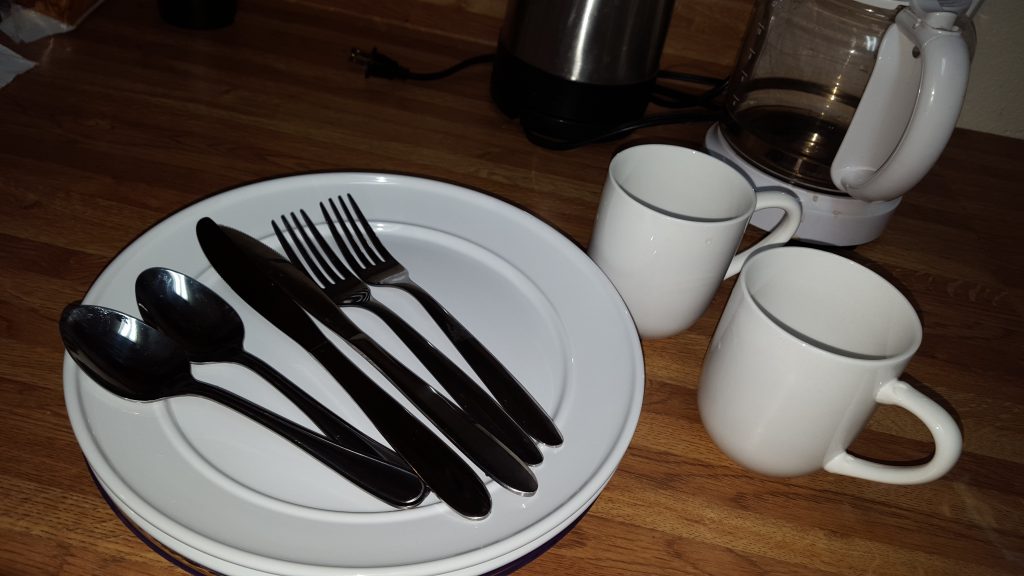I did notice Patrick’s expression when, before we left, only the two of us alone closing the facility, I needed to arrange the pens and pencils parallel to the laptop, the sheets precisely symmetrical to it. The next day I functioned as if that weird ritual hadn’t taken place. Dirty dishes bother me. Cluttered surfaces bother me a lot. Too many items occupying the floor area bother me. Dirt and stain bother me. Dirty laundry out of its specific basket. Moldy surfaces disgust me. Excrement – whether human or animal – gross me out to the level of puking. I’m extremely sensitive to odor thanks to my hyper-active amygdala.
They are all SUB-CLINICAL FORMS of OCD (obsessive compulsive disorder), all of which are considered beneficial. It is hypothesized that they actually played an important adaptive role in human evolution.
Not to be mistaken with clinical OCD, that actually impairs normal functioning, causes suffering or harms others. Checkers and symmetry OCD patients look for help because they see themselves trapped in the behavior. Hoarders (whether object or animal hoarders) are a serious public health threat.
Another case where the beneficial and the pathological are just a question of dose in a continuum?
Before I go into more detail on this and share the scientific published evidence, let me make some things clear concerning minimalism and hoarding, subjects I’ve been writing about:
- Minimalism is not a moral virtue. Since I started writing about uncluttering and minimalism, friends sent me links to other writers, websites and pages. All of them present minimalism as a moral virtue as opposed to consumerism. It is not. It is a life-style choice. It is neither the opposite of consumerism or hoarding.
- Hoarding is a mental disorder that manifests itself in a gradient of gravity. Even severe cases, where the individual is actually dysfunctional, are abundant and undiagnosed. Not only it affects the individual, but it represents a serious economic and social burden on the community, and certainly a social health threat.
- Hoarding by no means equals consumerism. In fact, studies show that there is a correlation with early life deprivation. Hoarders do spend more money – money they usually don’t have. Most of all, they fail to discard items, making their environment unsafe, unhealthy and unfit for humans or animals. Many are animal hoarders.
- Consumerism is a social phenomenon. It does not reflect lack of character. It is just a large scale result of efficient marketing by several industries. Marketing is highly sophisticated in the use of applied social psychology, triggering behavior, again, in large scale. Most of us display this behavior at some level.
Sub-clinical manifestations of behaviors such as cleaning, checking, counting, symmetry-making and even hoarding are beneficial to the individual and the group. There is evidence that their modern expression is a result of even more significant evolutionary advantages.
https://storify.com/mariliacoutinho/advantages-of-sub-clinical-ocd-behaviors-an-evolut

